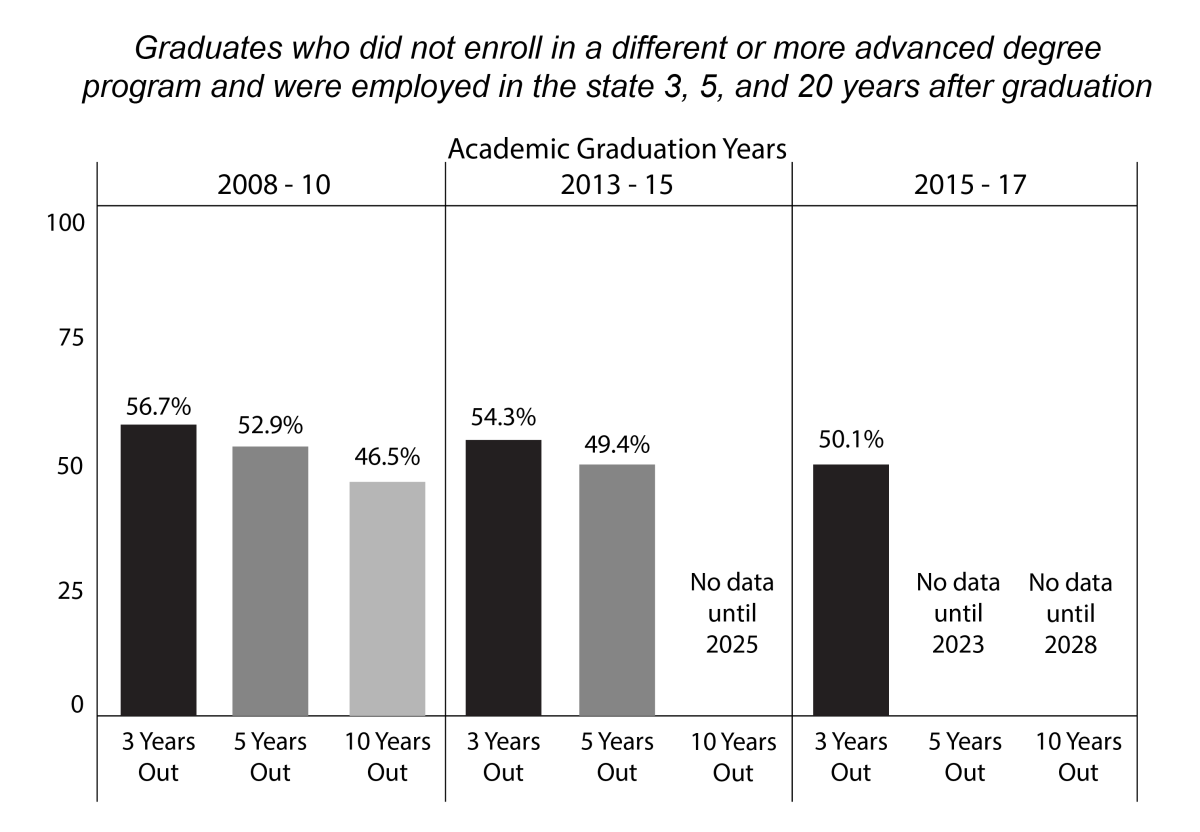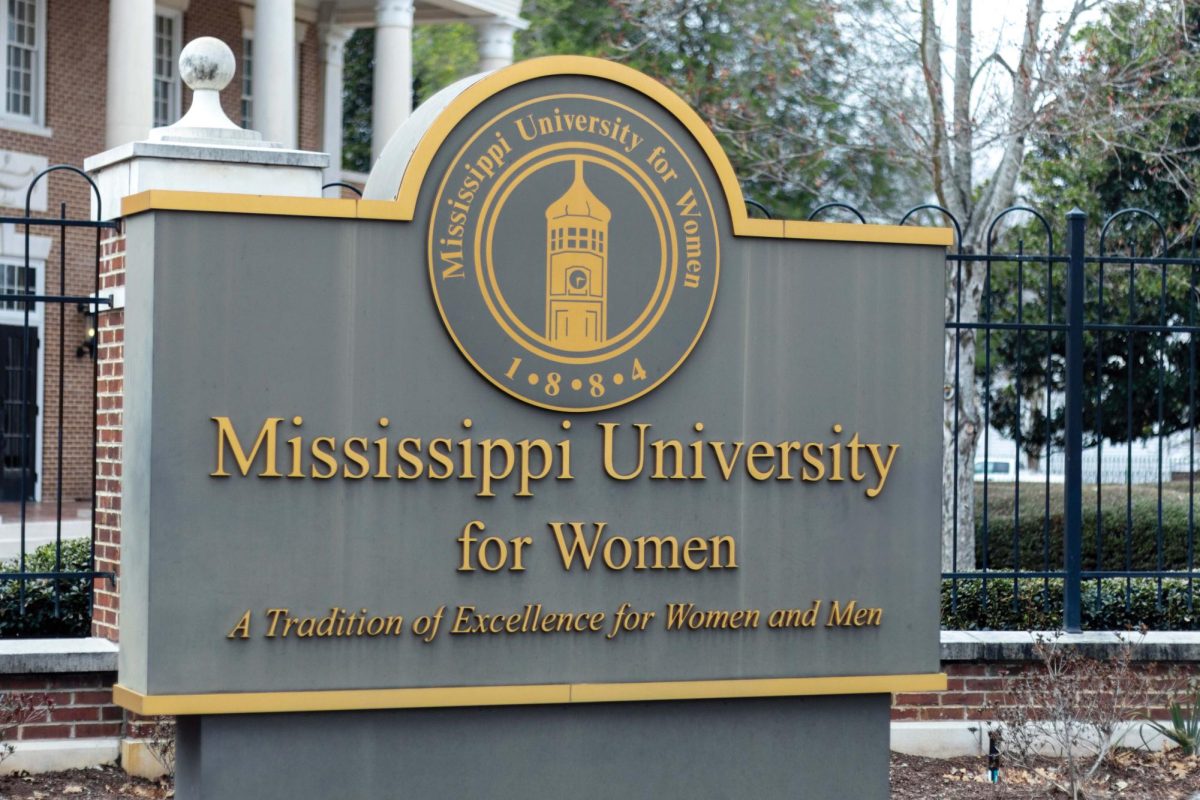Mississippi state auditor Shad White stated that Mississippi taxpayers should not subsidize “low-skill” majors at state universities. White shared his thoughts on this matter in an opinion article published Sept. 18 in the Wall Street Journal.
In the article, White labels a variety of majors as a poor taxpayer investment. Some of the majors mentioned are anthropology, gender studies, art, drama and religion, all of which are offered at Mississippi State University.
White said that graduates in these majors are likely to leave the state, subsidizing the economies of out-of-state cities.
“What if you could spend that money on someone who teaches skills useful for the economy, like nursing or engineering? For my money, I’d prefer the latter,” White said.
In a report published Sept. 19 called “Plugging the Brain Drain: Investing in College Majors That Actually Work,” White points to “brain drain” being a “significant burden to taxpayers and a real threat to our state’s economy.”
Brain drain is the phenomenon of recent college graduates leaving their university’s state immediately or gradually after receiving their undergraduate degree.
According to White, failure to replenish Mississippi’s educated population could have negative effects on the future of Mississippi’s economy. In an earlier report published in April 2022, White said nearly half of college graduates who did not pursue a graduate degree left Mississippi three years after graduation in 2020.
In the article, White offers a possible solution — bigger investments in college programs that produce graduates who will remain within the state of Mississippi, and attain high-paying jobs to pay more in taxes. White mentions nursing, engineering and business majors as valuable to Mississippi. The April 2022 report stated that engineering and business majors were among the most likely to leave the state three years after graduation.
Kimberly Kelly is the director of the gender studies program and a sociology professor at MSU. Kelly said she has always been interested in gender, “coming out” as a feminist at the age of 12. Recently, Kelly’s research has been focused on abortion politics.
Kelly said she directly challenges the idea of these humanities majors being “low-skill” and instead interprets them as being “paid less.”
“Assuming an education has no value beyond a salary number misses the point of education entirely,” Kelly said. “For example, teachers are highly skilled, yet poorly paid. Are we really going to call them less skilled?”
In White’s article, White specifically points to anthropology as a major player in brain drain, with more than 60% of anthropology majors leaving Mississippi after graduation.
Sophomore anthropology major Mary McLemore commented on the reality behind this statistic.
“I am planning on leaving. So, the statistic is, I guess, correct. But that’s how anthropology works. It’s not specific to Mississippi; it’s not specific to this college,” McLemore said.
Lauren Taylor, a junior electrical engineering major, said she will also be leaving the state.
“Mississippi wants to grow, and they need a lot of people to stay, but it’s hard to stay when there’s not a lot here,” Taylor said.
Taylor described this pattern as a cycle, where recent college graduates are unable to find meaningful job opportunities in Mississippi. As a result, they leave the state, effectively creating an environment where new jobs cannot be created.
Taylor said she hopes to go to a graduate program in another state and see where that might take her.
“So, I do understand I’m contributing to the cycle,” Taylor said.
Taylor said many companies have sought her out as a potential hire due to her very in-demand field of study.
“We need engineers. I’m a STEM major, so I think of everything in black and white light. But, I think we wouldn’t be human if we didn’t have the humanities – if we didn’t have art, philosophy and the study of different cultures,” Taylor said. “I definitely don’t think those are useless and they’re definitely very needed.”
In his article, White said some states are starting to reallocate funds to majors that fit the needs of their state economy and that it is time for every state to follow suit.
“It’s more expensive for Mississippi’s universities to attract a top-notch computer-science professor than it is to hire the stand-up comedy expert,” White said.“But because public universities get the same appropriation for students in both computer science and sociology, the colleges have no incentive to push high-skill degrees. We should change this by encouraging the degrees that are really important.”
"Money down the Brain Drain: Are Taxpayers Getting Their Money's Worth?" Office of the State Auditor, April 2022.





















